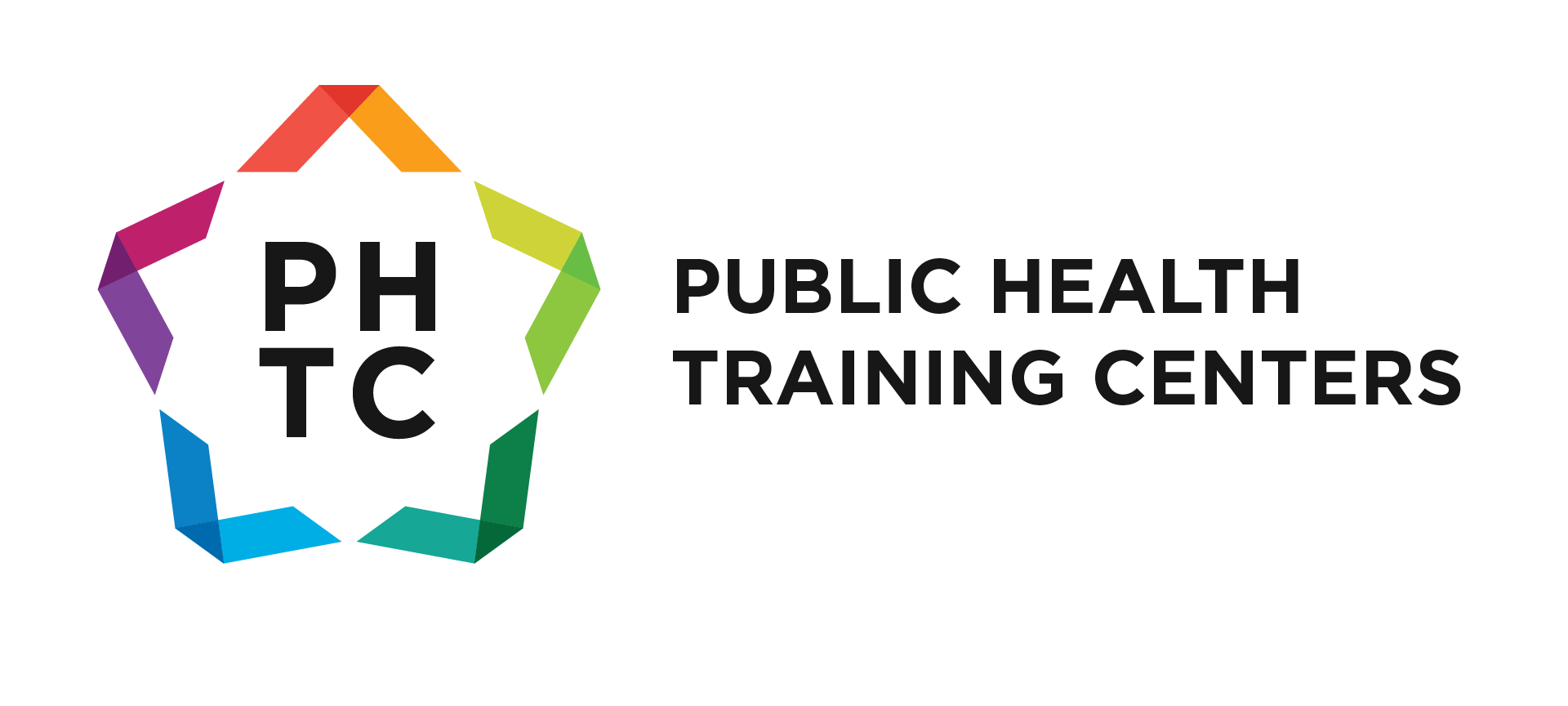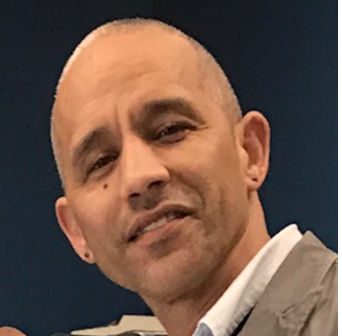
Engagement, Education, Resources, and Empowerment: The Essential Role of Community Health Workers in Addressing the Opioid Epidemic Webinar 2
Why are community health workers an essential part of addressing the opioid epidemic?



Register
Course Information
- Audience: Community health workers
- Format: Online Webinar
- Date/Time:
Webinar 1: November 20, 2018
12:00-1:00 PM
Webinar 2: December 4, 2018
12:00-1:00 PM - Price: Free
- Length: 1 hour
- Credential(s) eligible for contact hours: Certificate of completion
- Competencies: Community Partnership Skills
- Learning Level: Awareness
- Companion Trainings: None
- Supplemental materials: PowerPoint
- Pre-requisites: None
About this Webinar
This two-part webinar series will provide:
- Discussion of effective strategies for addressing the opioid epidemic focusing on prevention, intervention, and treatment of opioid use disorder – and supporting individuals in recovery. (This will include information on naloxone and medication treatment).
- A review of models or potential strategies to incorporate CHWs into prevention, intervention, treatment and recovery support.
- Specific steps that CHWs can take when working with persons or families impacted by opioid use disorder to improve care or support recovery.
What you'll learn
At the end of the course, participants will be able to:
- Explain the prevalence of opioid use disorder and opioid overdose and its impact on our region.
- Understand how opioid use disorder impacts the health of a community.
- Describe 3 ways that community health workers can improve care or support recovery for persons with opioid use disorder.
Subject Matter Experts

Dr. Robert Roose
Chief & Addiction Medicine Trinity Health Of New England
Haner Hernández, Ph.D.,
CPS,
CADCII,
LADCI
Adalberto Cotto
Prevention and Navigator Coordinator
Registration and Contact Hours
Select the Enroll button below to register for this webinar. If you have any trouble accessing the webinar, contact trainingmanager@nephtc.org.
The Certificate of Completion will include the length of the webinar. Generally 50 – 60 minutes is equivalent to 1 contact hour. Contact hours may be applicable towards continuing education requirements for certain credentials. Check with your credentialing body to verify if the topic meets its continuing education requirements.

